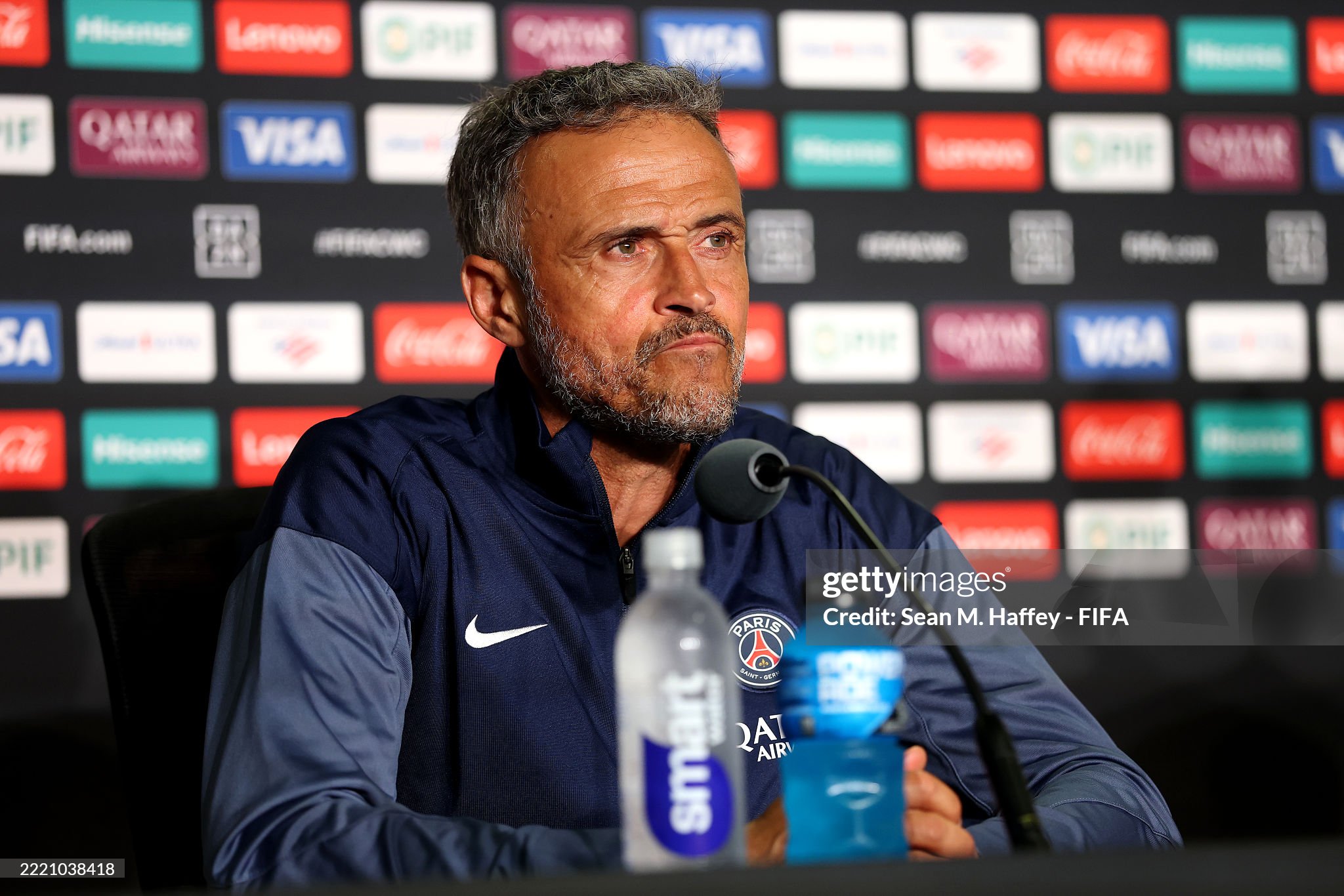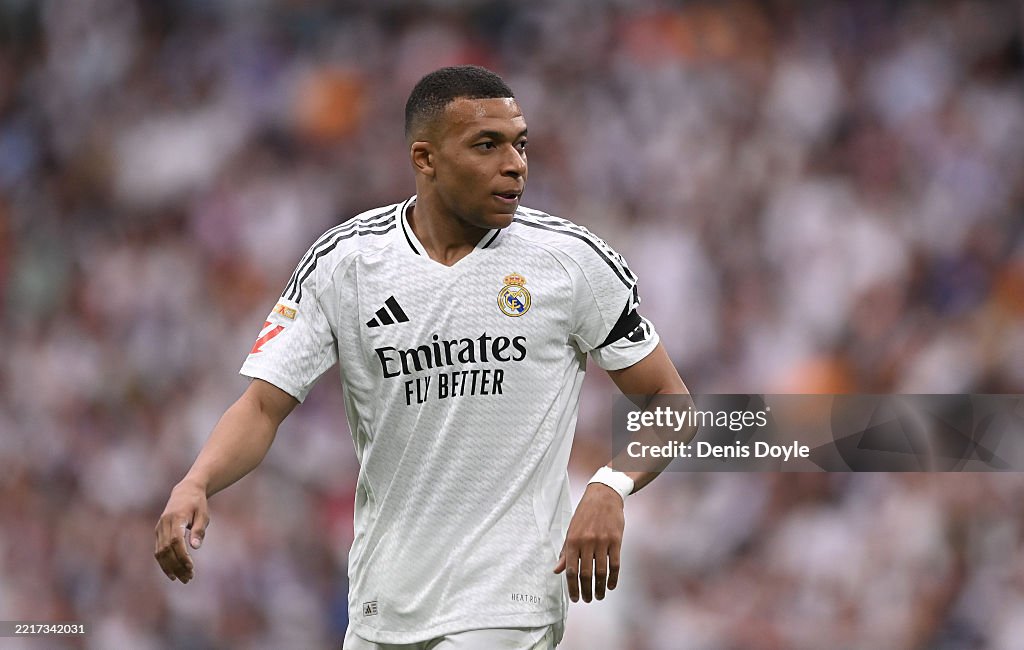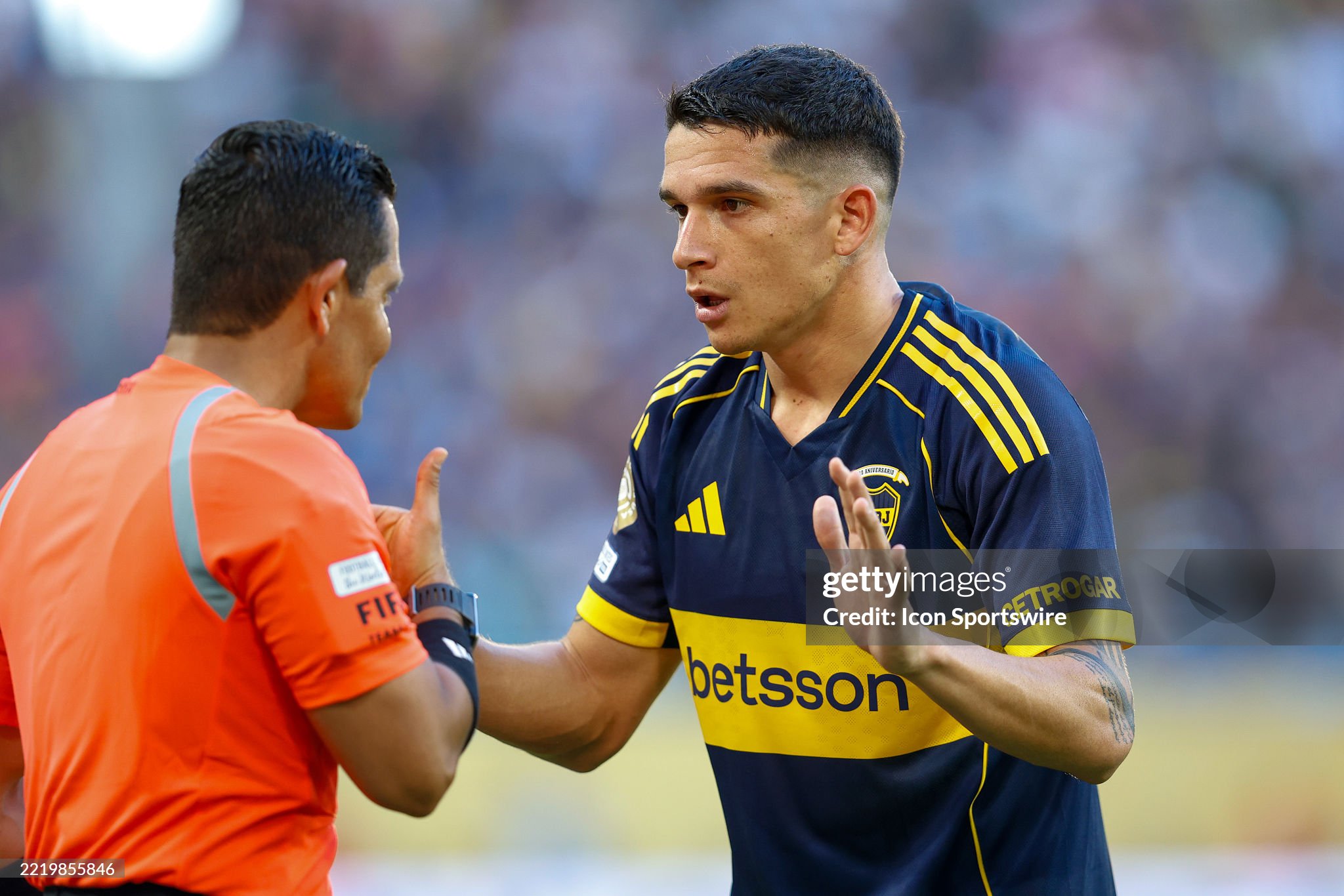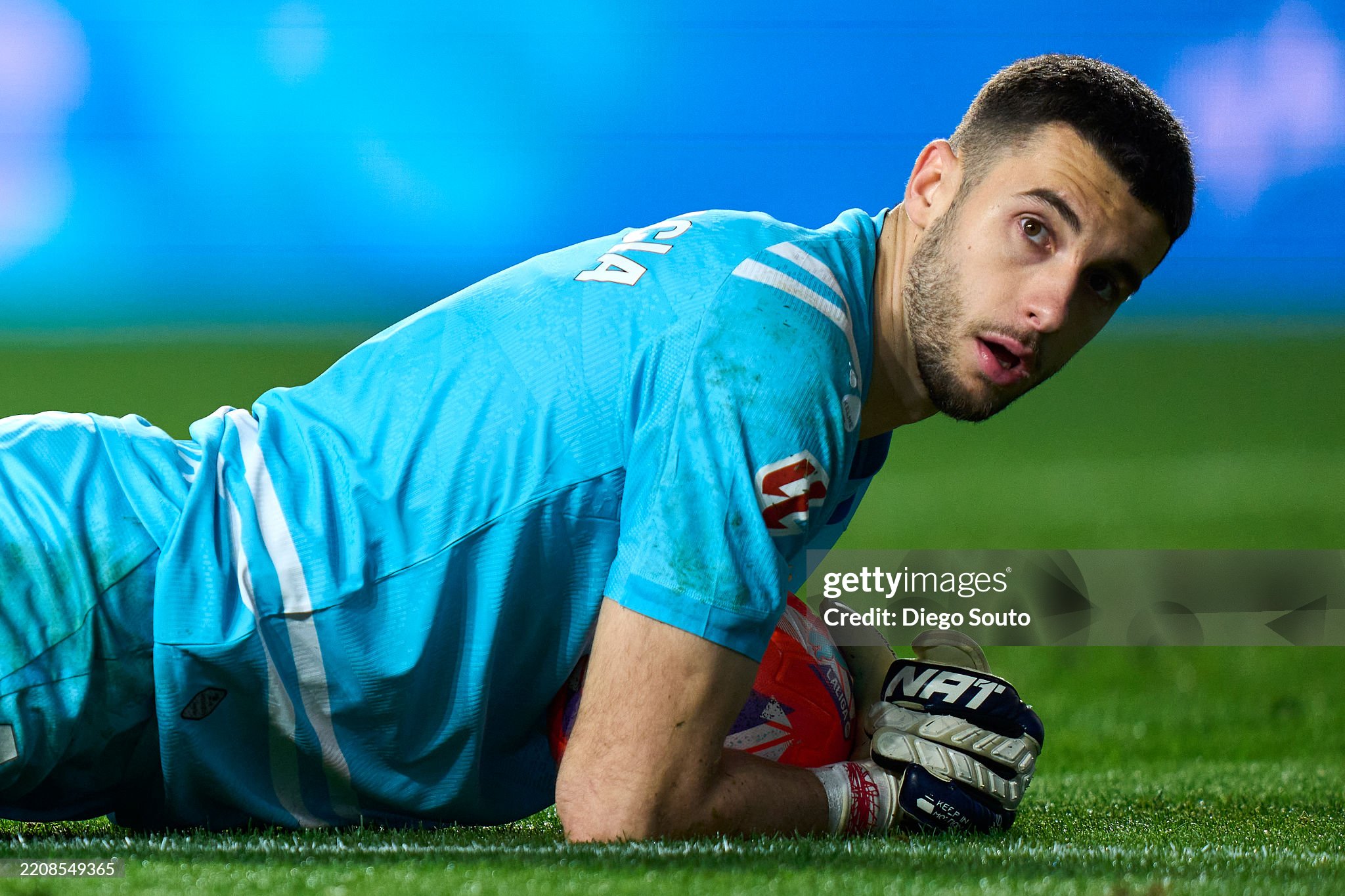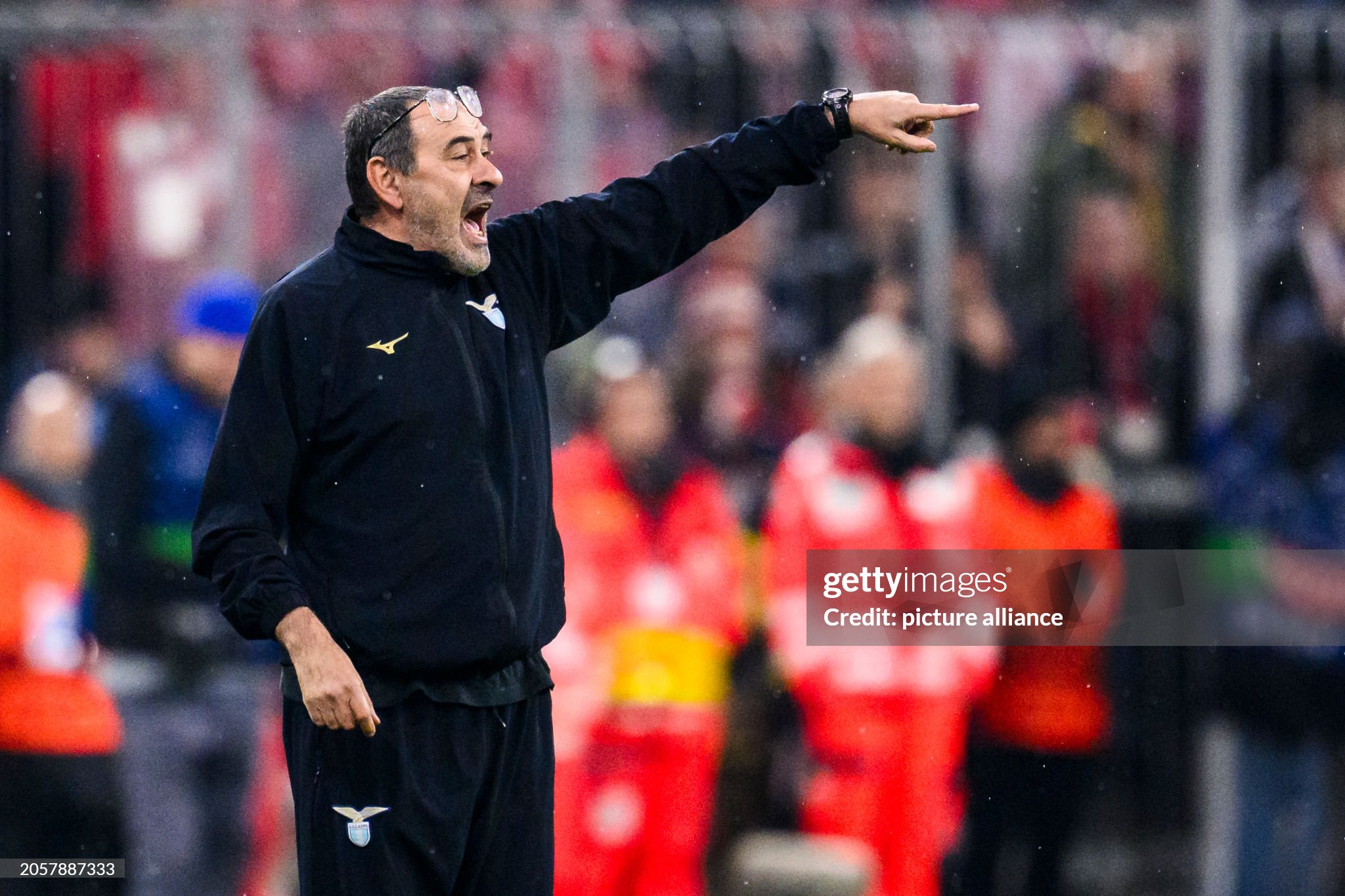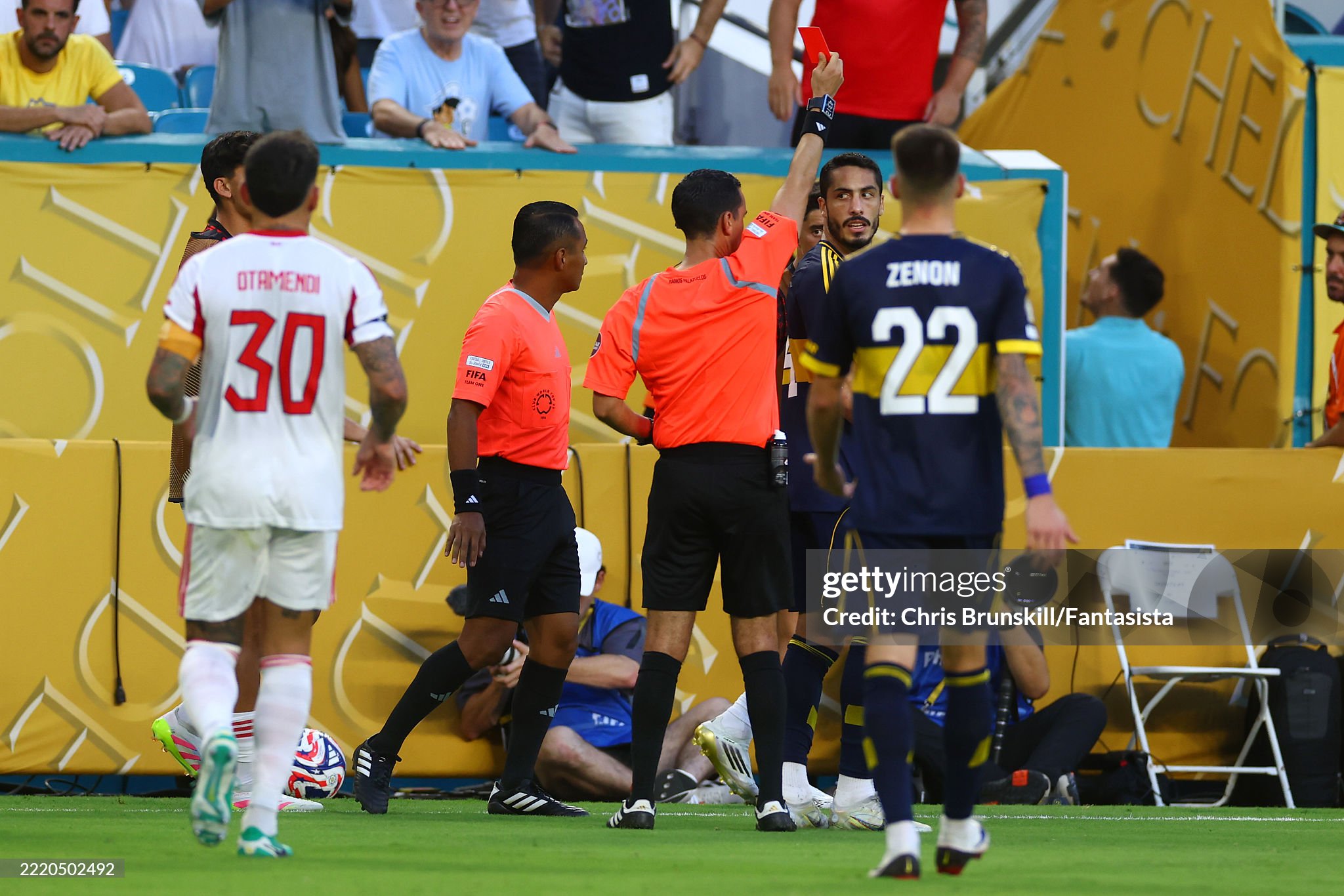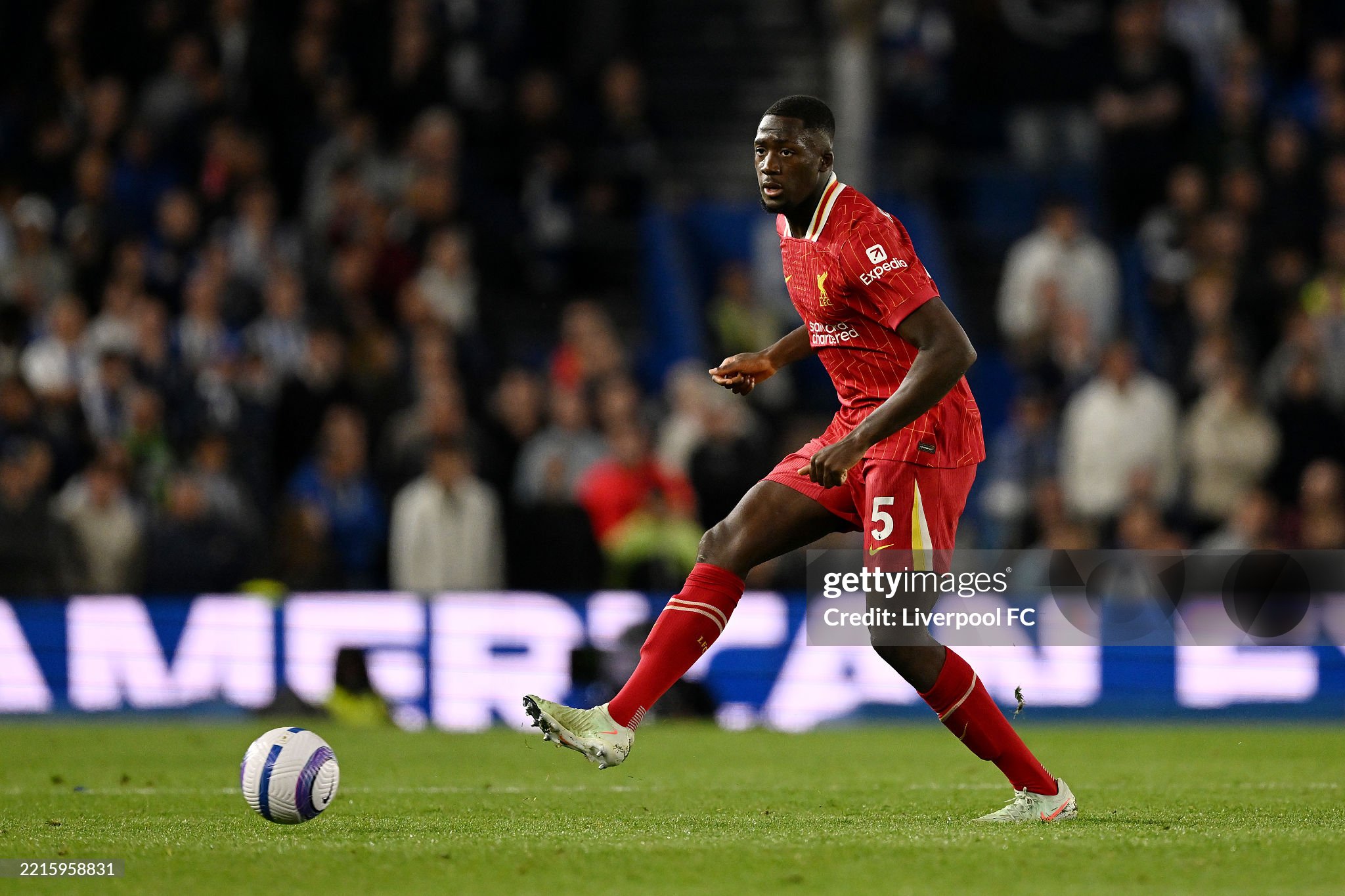Luis Enrique gave Botafogo a remarkable compliment following their defeat at the Club World Cup. The Paris Saint-Germain manager called the Brazilian Copa Libertadores holders "possibly the best opponent" his team has faced this season.
Botafogo’s 1-0 victory over Paris Saint-Germain at the Club World Cup has immediately entered the conversation for the Brazilian side’s greatest modern triumph.
After a decade in which European clubs dominated intercontinental competition, the Rio de Janeiro outfit not only halted PSG’s 13-match winning streak across all tournaments but also showcased the tactical clarity and collective conviction that manager Renato Paiva has been preaching since his arrival in February.
PSG reached the Club World Cup brimming with confidence. An emphatic Champions League campaign saw them dispatch Manchester City 4-2 in the group stage, edge past Arne Slot’s Liverpool on penalties, outplay Arsenal in the semi-final, and dismantle Inter Milan 5-0 in the final. They scored 29 goals in those six knockout-phase fixtures and arrived in Saudi Arabia having just brushed Atlético Madrid aside 4-0 in the tournament opener. Many analysts treated the Parisian heavyweights as near-certainties to add another trophy to their recent haul.
Botafogo, by contrast, entered the tournament wearing the mantle of underdog despite holding the Copa Libertadores title. The squad underwent significant changes after Artur Jorge’s departure last December, and Paiva inherited a group that was talented but in transition. His response was to double down on collective identity, drilling the side in synchronised pressing triggers and insisting that the front five defend as aggressively as the back line. Those principles were on full display against PSG.
The match itself unfolded at a furious tempo. PSG tried to assert their usual dominance in possession, rotating midfielders Vitinha and Manuel Ugarte into wide pockets to open central lanes for Kylian Mbappé’s bursts. Botafogo countered by compressing distances between lines; striker Tiquinho Soares repeatedly dropped to shadow PSG’s single pivot when Vitinha roamed, forcing play toward the wings where full-backs Damián Suárez and Marçal could spring double-teams. By the 25-minute mark, PSG had managed only a single shot on target, a comfortable 20-metre effort that Gatito Fernández gathered without fuss.
The decisive moment arrived just before half-time. A quick regain on the right touchline saw Eduardo burst forward and slip a diagonal ball toward the edge of the box. Winger Júnior Santos, who had tracked back moments earlier to dispossess Nuno Mendes, continued his run and met the pass first-time, guiding a low finish inside Gianluigi Donnarumma’s left post. The roar from the Botafogo supporters behind that goal reverberated around King Abdullah Sports City and seemed to plant a seed of doubt in PSG’s minds for the first time in weeks.
Luis Enrique’s half-time adjustments were bold: he introduced Ousmane Dembélé for Achraf Hakimi and pushed Marquinhos into midfield, switching to a 3-2-5 structure in possession. Yet Botafogo refused to retreat into a low block. Instead, they maintained a medium press, crowding the half-spaces and leaving only Mbappé high, banking on veteran centre-backs Adryelson and Victor Cuesta to handle the French star’s bursts. That gamble worked; Mbappé finished with just three touches inside the penalty area all match, none of them culminating in a shot.
Afterward, Luis Enrique acknowledged that Botafogo might be the best side PSG have faced this season, conceding that his players struggled to manufacture clear openings. The Spaniard also noted that the result could serve as a useful corrective, reminding his squad of the fine margins at elite level. Paiva, unsurprisingly, viewed the outcome through the prism of collective effort. He told Brazilian television that defeating PSG by adopting the same team-first principles the French club usually display validated months of training-ground work.
The victory resonates far beyond Botafogo’s dressing room. South American representatives have won only two of the last twelve Club World Cups; the result therefore fuels continental pride and underscores the depth of talent emerging from Brazil’s Série A. For Botafogo’s fans, many of whom still celebrate last year’s league title and Libertadores crown, the win confirms that the club’s resurgence remains on an upward trajectory.
Financial implications are also notable. The match-winning run guarantees prize money estimated at seven million dollars, a figure that will help fund further squad strengthening ahead of the domestic season. Moreover, standout performers like Júnior Santos and holding midfielder Tchê Tchê are likely to attract heightened interest from European recruiters, potentially generating lucrative transfer fees that could underpin long-term sustainability.
For PSG, immediate attention shifts to a third-place play-off and, more importantly, the French Super Cup against Lyon next week. Sporting director Luís Campos must decide whether this setback accelerates plans to add a new deep-lying playmaker, an area that looked understaffed once Marquinhos moved out of defence. Supporters will also watch closely to see if Luis Enrique rotates more aggressively in Ligue 1 to preserve freshness ahead of the mid-February Champions League restart.
On a tactical level, analysts will dissect how Botafogo narrowed the pitch and disrupted PSG’s usual automatisms. Paiva’s decision to field three compact midfielders behind a roaming front line denied space between lines and forced PSG’s full-backs to send in early crosses rather than cut-backs from the byline. That tweak, coupled with Fernández’s aerial command, neutralised one of PSG’s primary attacking routes and could offer a template for future opponents.
Looking ahead, Botafogo will meet the winner of Manchester United versus Club América in the Club World Cup final. Paiva insists his players will not allow complacency to seep in, reminding them that consistency is the hallmark of champions. Training sessions are scheduled to remain closed, a rare move designed to keep tactical adjustments under wraps. Early indications suggest Paiva might stick with the same starting XI, trusting continuity over novelty.
Regardless of the final outcome, Botafogo’s defeat of PSG already stands as a symbolic moment in global club football: evidence that well-coached, cohesive sides can still topple richer opponents through structure, discipline, and belief. For Brazilian football, it revives memories of Corinthians’ 2012 triumph; for European giants, it is a cautionary reminder that reputation alone guarantees nothing once the whistle blows.
